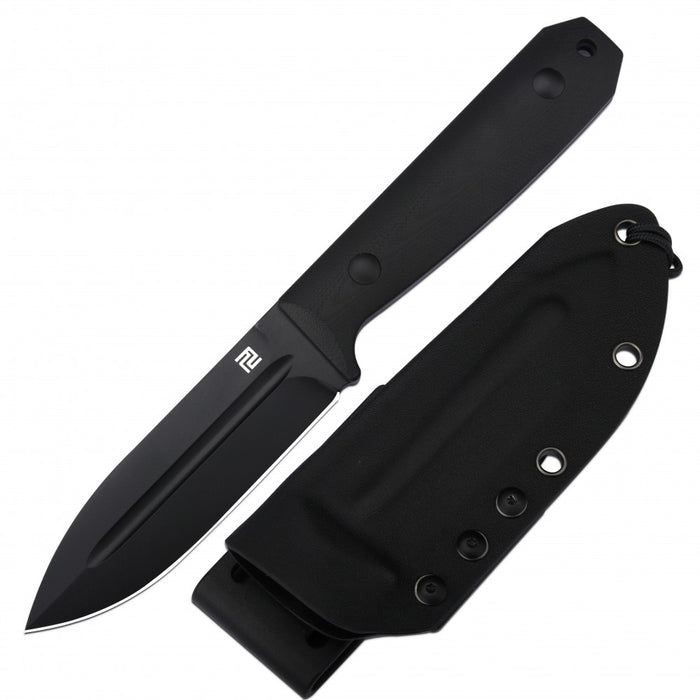Fixed blade knives are an essential tool for outdoor enthusiasts, survivalists, and professionals in various fields. In this comprehensive guide, we will delve into the world of fixed blade knives, exploring their features, uses, and benefits. Whether you are a seasoned knife enthusiast or a beginner looking to learn more, this guide will provide you with a wealth of information.

Understanding Fixed Blade Knives
Fixed blade knives are knives that have a blade that is permanently fixed to the handle. Unlike folding knives, fixed blade knives do not have a hinge mechanism and are therefore more robust and durable. The blade extends from the handle and is typically full tang, meaning it runs the entire length of the handle for added strength and stability.
Fixed blade knives come in various shapes and sizes, each designed for specific tasks. From hunting and camping to survival and self-defense, there is a fixed blade knife for every purpose. The versatility and reliability of fixed blade knives make them a popular choice among outdoor enthusiasts and professionals alike.
Choosing the Right Fixed Blade Knife
When it comes to choosing a fixed blade knife, there are several factors to consider. The blade material, handle design, and overall size are all important aspects to take into account. Additionally, the intended use of the knife should also influence your decision.
Blade material plays a crucial role in the performance and durability of a fixed blade knife. Common blade materials include stainless steel, carbon steel, and high-carbon stainless steel. Each material has its own advantages and disadvantages, so it's important to choose one that suits your needs.
The handle design of a fixed blade knife is another important consideration. The handle should provide a comfortable and secure grip, even in wet or slippery conditions. Materials such as rubber, G-10, and micarta are commonly used for handles due to their durability and grip-enhancing properties.
Maintaining and Caring for Fixed Blade Knives
Proper maintenance and care are essential to ensure the longevity and performance of your fixed blade knife. Here are some tips to keep your knife in top condition:
- Regularly clean and dry your knife after use to prevent rust and corrosion.
- Sharpen the blade regularly to maintain its cutting edge.
- Store your knife in a sheath or protective case to prevent damage.
- Avoid using your knife for tasks it is not designed for to prevent unnecessary wear and tear.
Conclusion
Fixed blade knives are versatile, reliable, and essential tools for various purposes. Whether you are an outdoor enthusiast, a survivalist, or a professional, a fixed blade knife can be a valuable asset. By understanding the different aspects of fixed blade knives, such as blade materials, handle designs, and maintenance, you can make an informed decision when choosing the right knife for your needs.
For more information on fixed blade knives and related topics, check out the following resources:







